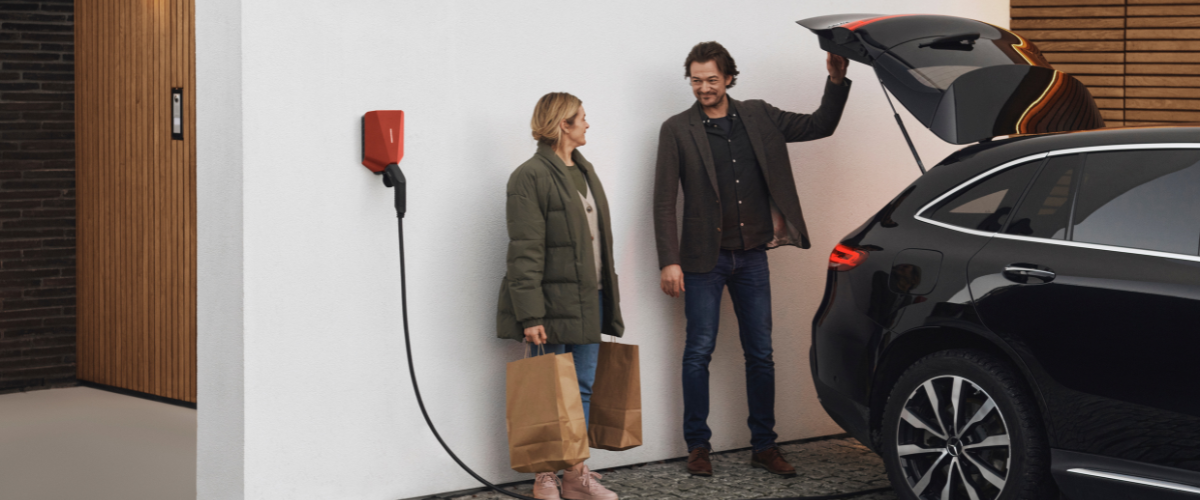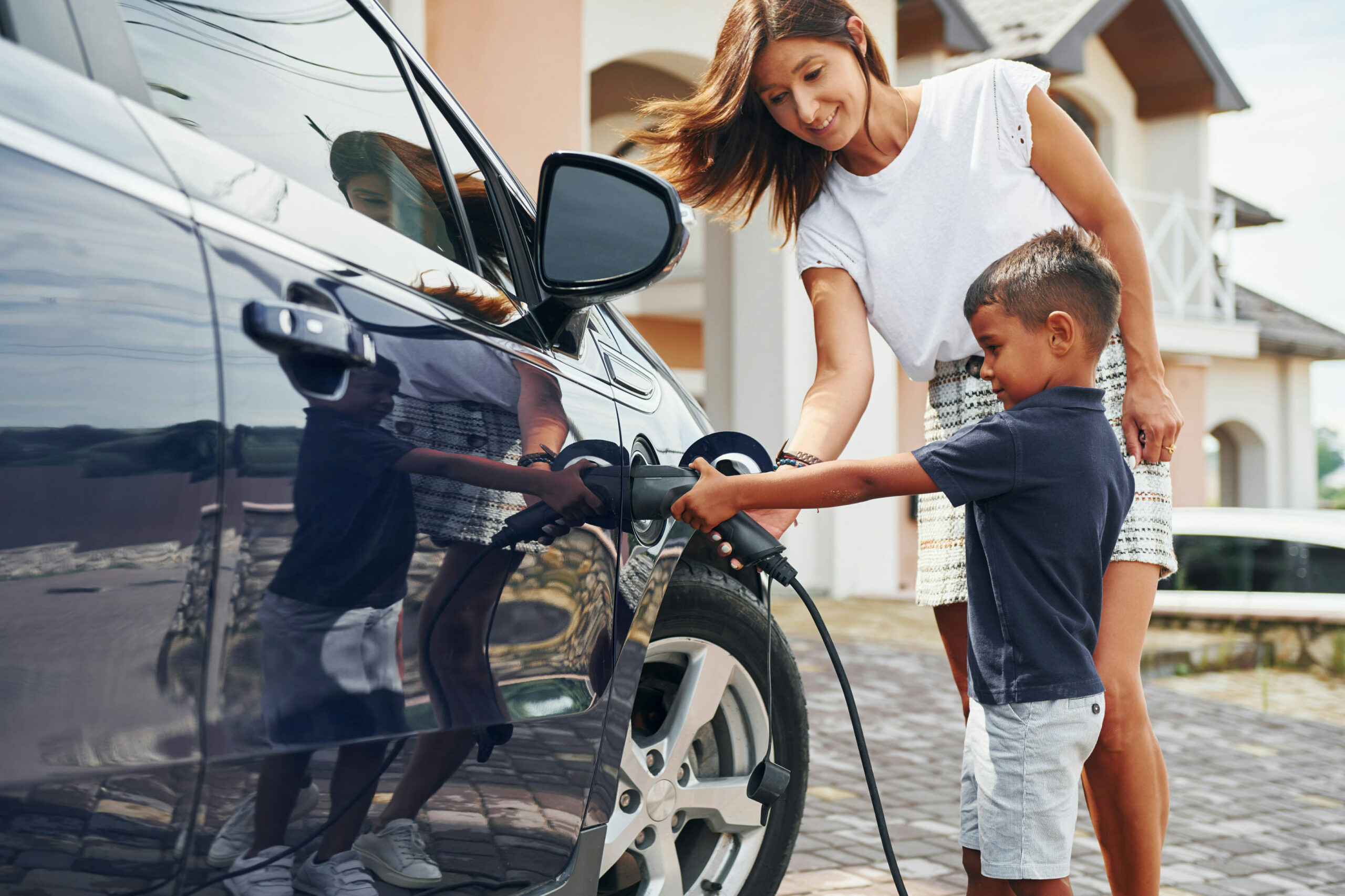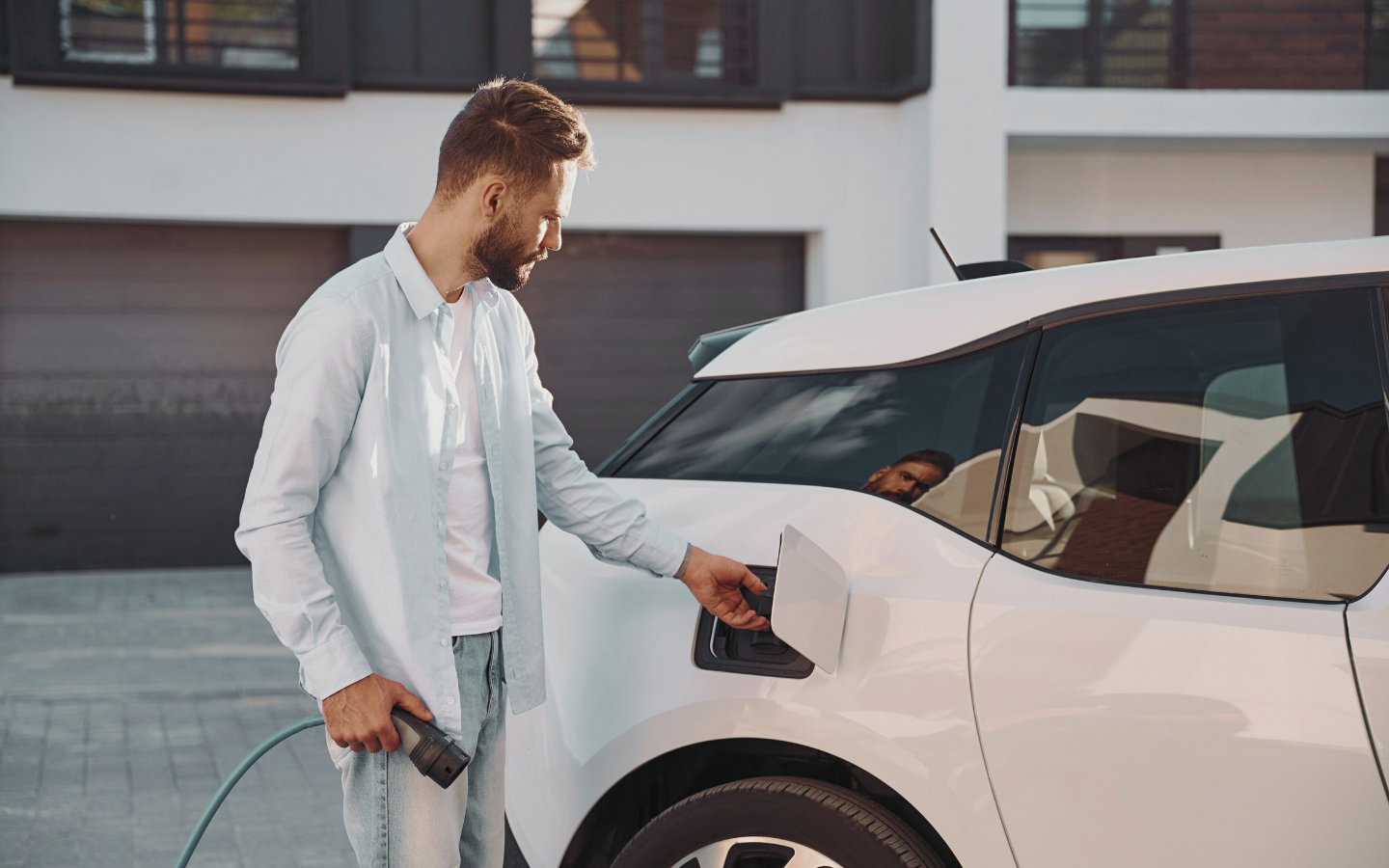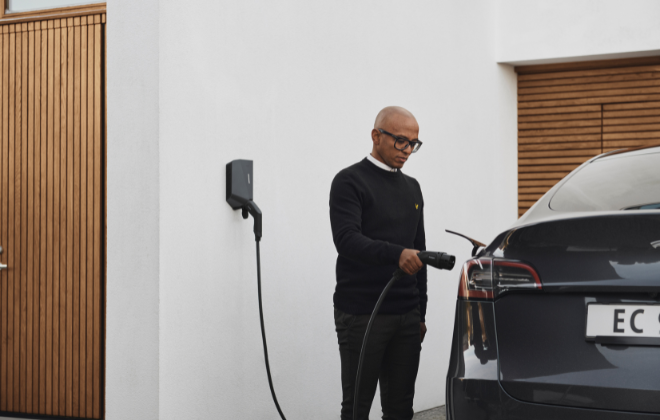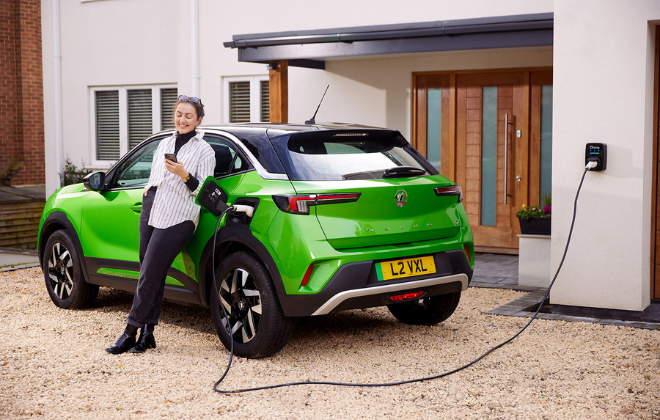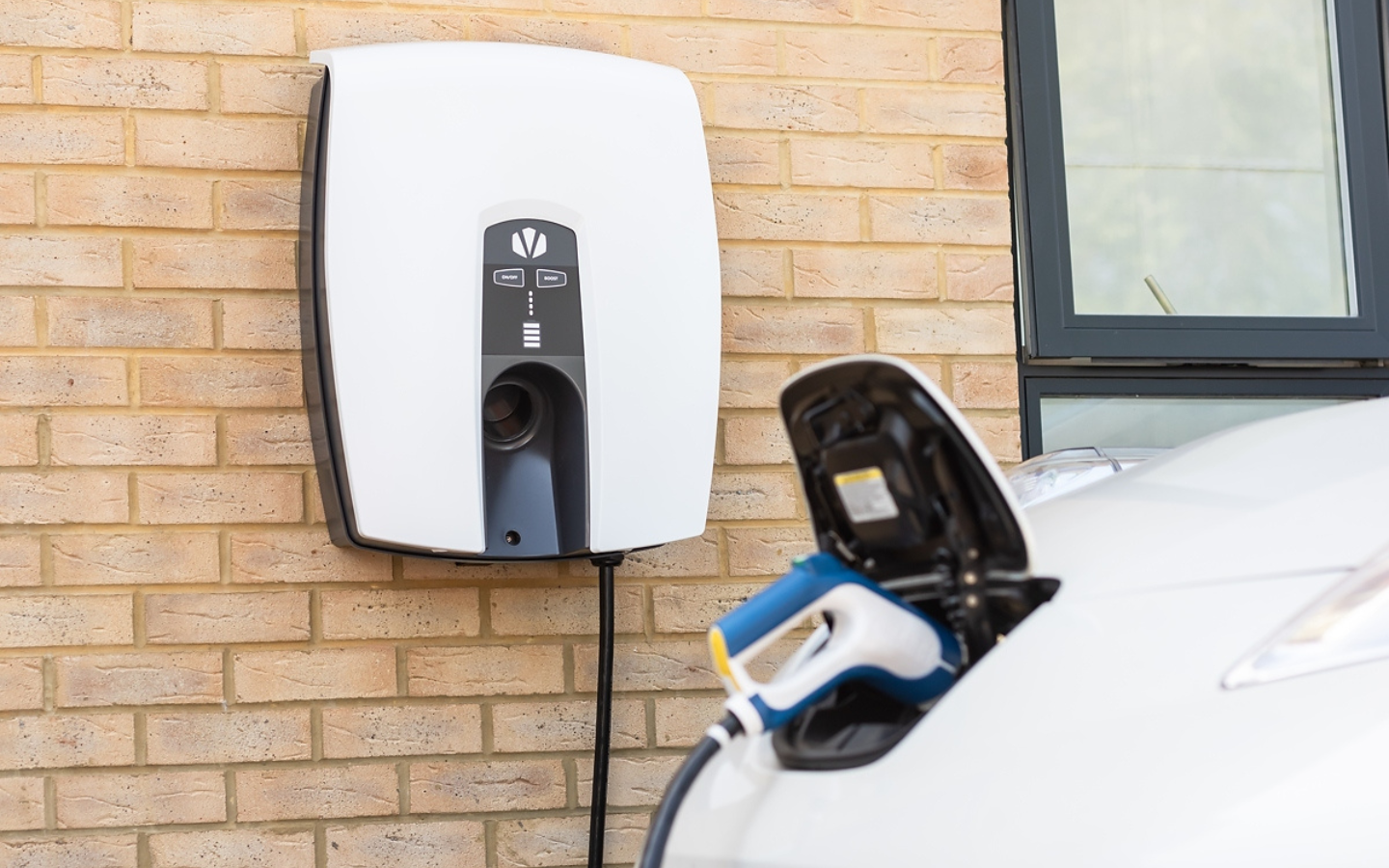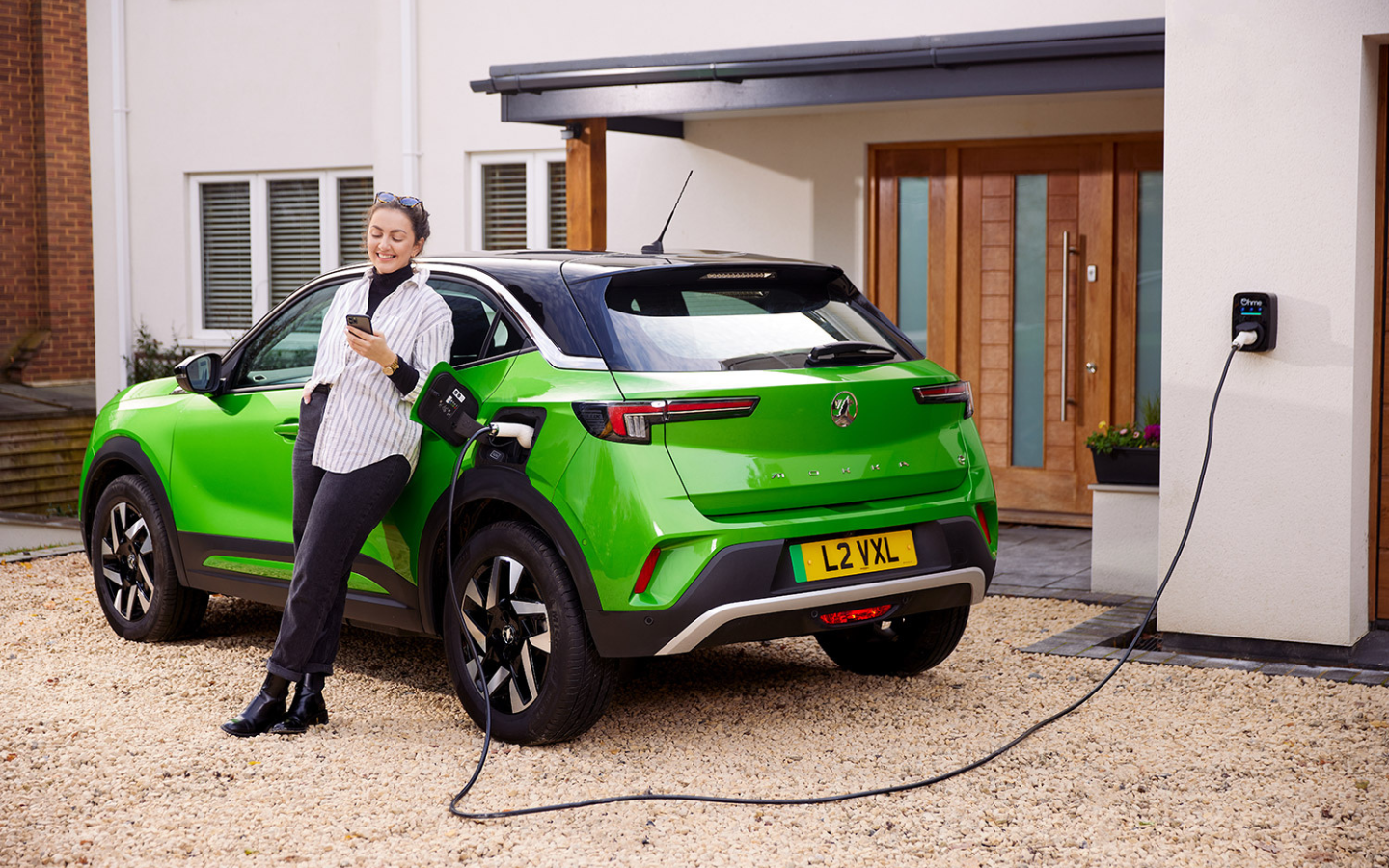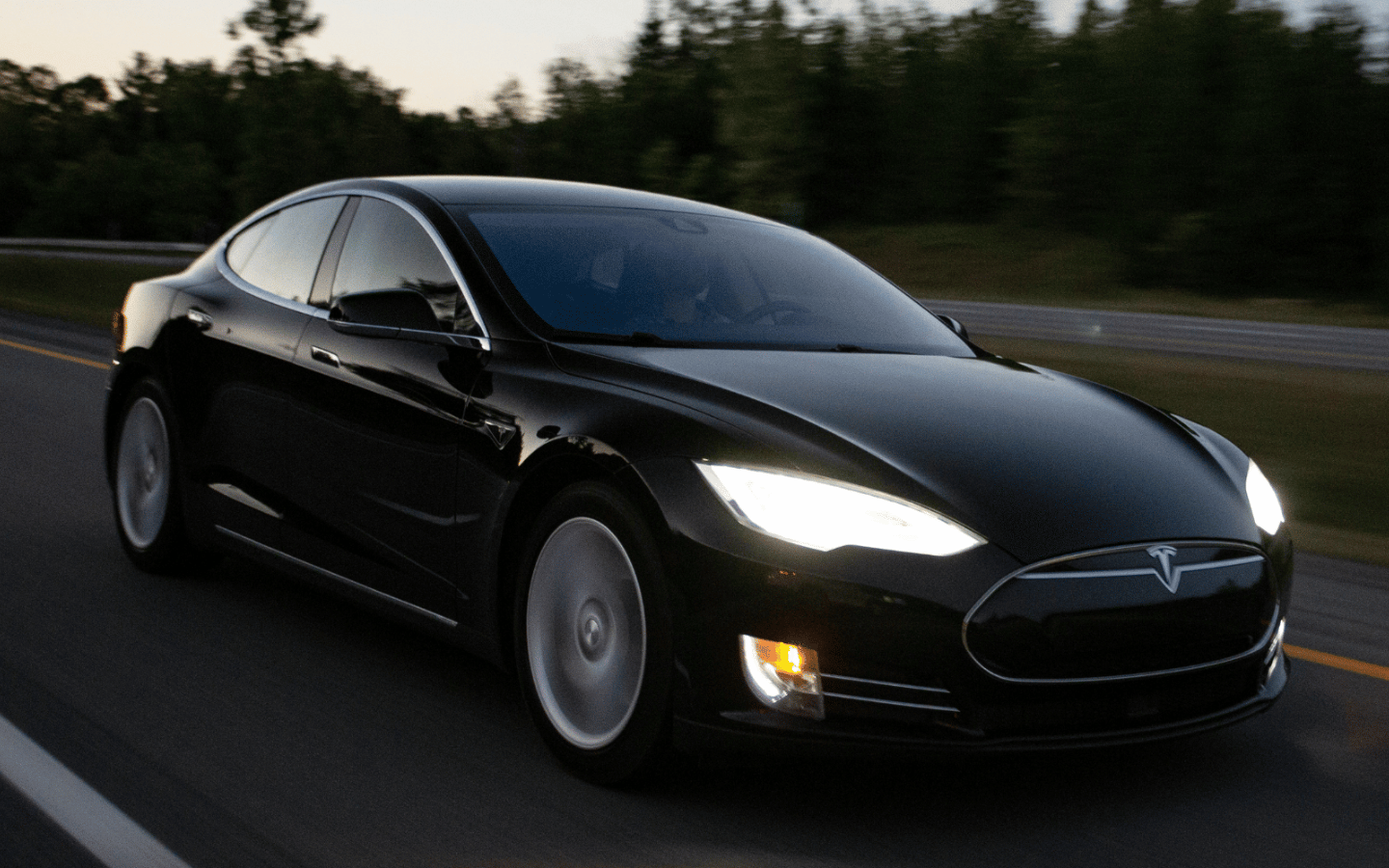

What is a kW? kW and kWh: A Guide for Electric Cars
Kilowatt and kilowatt-hour are units of measuring energy, but they represent different concepts and measure different aspects of electricity when it comes to electric vehicles.
But what is kilowatt (kW)? What is kilowatt hour (kWh)? What is the difference between kilowatt and kilowatt-hour (kWh) for electric cars?
Keep reading to learn everything you need to know about kilowatts (kW), kilowatt hours (kWh) and electric cars.
What is a kilowatt (kW) for electric cars?
kW stands for kilowatt and is a unit of power used to measure the rate at which energy is consumed or produced.
In the context of EV charging, kW represents the rate of power moving from your electric car charger to your EV battery, indicating how fast the charging station will charge your car.
For instance, if an electric vehicle charger has a power rating of 7kW, it means that it can deliver 7 kilowatts of power to the vehicle per period of time, usually per hour, with 1 kilowatt equalling 1000 watts.
Rates of power for EV chargers in the UK include 3.6kW, 11kW, 7kW, 22kW, 50kW and so on – up to 350kW for ultra-rapid charging points – although this is rare.
The general rule of thumb is the higher the kW rating of the charger, the faster your electric car battery will charge. Of course, there is a caveat to this. While DC EV chargers (rapid and ultra-rapid public charging points) always work on the basis of the higher the power ratings, the faster the charge, this is not always the case for AC charging.
Your electric car will have a maximum onboard charging rate that converts alternating current from the electricity grid into direct current (the energy used to charge your electric car battery), so make sure to keep that in mind if your EV won’t charge any faster than your maximum charging rate, even if you charge with a higher charger.
For example, the Kia Niro EV has a maximum AC charging rate of 11kW, meaning even if you top-up with a 22kW charger, the Kia will only charge at 11kW. Additionally, the Nissan Leaf has a maximum onboard charging rate of 6.6kW, meaning even with a 7kW, 11kW, or 22kW charger, it will only charge at 6.6kW.
kW is also used to express the power output of the electric motor within the electric vehicle. A higher kW rating for the electric motor generally results in a more powerful and responsive driving experience.
What is a kilowatt-hour (kWh) for electric cars?
A kilowatt-hour, or kWh, plays a crucial role in understanding the capacity of electric car batteries. In the context of EVs, kWh measures the capacity of the electric vehicle’s battery, such as how much energy can be stored and, in turn, how much range your electric car has (the maximum distance your EV can travel on one charge). Think of kWh like the size of a fuel tank.
A larger battery capacity, expressed in kWh, means the electric vehicle can hold more energy. Consequently, a higher kWh means a longer driving range before the need for recharging. 1 kWh of energy means an appliance used 1kW of energy for an hour.
Take the Nissan Leaf, for example. With a 39kWh battery capacity, it means the battery can store and provide 39 kilowatt-hours of electrical energy.
Compare the Nissan Leaf to the Audi Q8 e-tron, with a battery capacity of 89 kWh, and you will be able to travel further with the Audi on one charge than the Nissan Leaf because of the longer range and larger battery capacity.
While kWh gives an indicate of an EV range, the range of an electric car can vary depending on a number of factors, such as weather.
Will my electricity bill be in kW or kWh?
On your electricity bill, you are billed for the amount of energy consumption, measured in kilowatt-hours. The energy bill might show the rate at which you used energy in kilowatts (kW) at specific times, but the total consumption is expressed in kilowatt-hours (kWh) of electricity.
Summary – What’s the difference between kW and kWh for electric cars?
In short, a kW means kilowatts and is a unit of power measuring the rate at which energy is consumed or produced. For electric cars, kW represents the rate of power from the charger to the EV battery, indicating how quickly the charging station can charge your car. Whereas kWh, meaning kilowatt-hour, indicates how much energy your EV battery can store, therefore indicating the electric car’s total range.
Interested in charging cheaper, greener and faster?
The benefits of home electric car chargers are endless – cheaper energy usage with off-peak overnight charge scheduling, more convenient EV charging sessions from your house, and faster charging sessions than using a domestic socket.
Take advantage of these benefits by investing in home EV charger today. At We Power Your Car, we offer a range of home EV chargers to suit your electric vehicle needs, from EV charging points providing 7 kW of power to 22kW EV chargers.
If you want a home EV charger installation, click below to get your free quote, or contact us for more information or any queries you may have. With our team of accredited and experienced installers across the UK, we can install wherever you are – with first-class customer service.
Stay up to date on the latest from We Power Your Car_
I consent to receive newsletters from We Power Your Car. Please see our Privacy Policy
